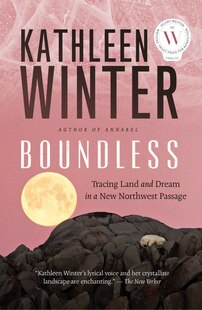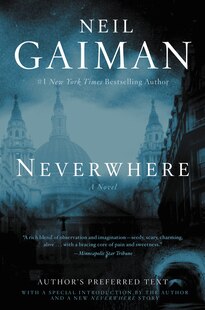Wow. I
was completely convinced that I had already written this blog post until I got
into a discussion this afternoon with a work colleague about a letter we were
writing. My colleague wanted to use the phrase 'spectacular wilderness' in the
letter, but I have a thing about the word wilderness, especially in the context
of a National Park. I had planned on quoting from this blog post to explain my
position on the word, but then realized that said post did not yet exist in
finished form, just in pencil scratches in my notebook. So...

Likewise,
what is wilderness? In western culture, wilderness is bad, it is wild, untamed,
it is the place of the deep dark forest where the big bad wolf waits to gobble-up
wayward girls.
Merriam-Webster
defines Wilderness as:
(1): a tract or region uncultivated and uninhabited by human
beings (2): an area essentially
undisturbed by human activity together with its naturally developed life
community
But there
are no true equivalents in many other languages. In fact, when many
'wildernesses' were being 'discovered' there were all manner of human beings
inhabiting the tract or region. In Ucluelet, where I grew up, there are dense
forests, stunning mountains, raging rivers and the thunderous ocean. Many
non-aboriginal members of the community would refer to this area as
'wilderness', but the Nuu-chah-nulth word for the same area is
"nisma" which would translate to our land.
Winter
covers these topics with the tone of a lyrical storyteller. She is a witness to
the experiences of those around her, and she eloquently captures her own
conflicted feelings about the western values with which she was raised and the
utter respect for the values and knowledge of her Inuit traveling companions, the
interest and awe of following in Franklin's doomed footsteps and the utter absurdity
of the reverence western culture holds for foolhardy exploits of a long dead
white guy.
I highly
recommend: for the lovers of Emily Carr and Margaret Laurence
 I love
Tilly's blog, Tilly and the Buttons, and was excited when
Mollie Makes reported that she would be releasing her first book. It doesn't disappoint. Beautifully executed, the book is bright and colourful and as easy going as its author seems to be. She has some wonderful tips for beginners, easy to follow patterns and straight-forward projects that can easily be modified with personal touches and whimsical fabrics. If you're thinking of trying to build some of your own unique wardrobe staples, this would be a nice addition to your craft room.
I love
Tilly's blog, Tilly and the Buttons, and was excited when
Mollie Makes reported that she would be releasing her first book. It doesn't disappoint. Beautifully executed, the book is bright and colourful and as easy going as its author seems to be. She has some wonderful tips for beginners, easy to follow patterns and straight-forward projects that can easily be modified with personal touches and whimsical fabrics. If you're thinking of trying to build some of your own unique wardrobe staples, this would be a nice addition to your craft room.  When I was in high school, I read
a book by Deepak Chopra called The Return of Merlin. The
premise is that many of the mentally ill homeless in our cities are actually members of King
Arthur’s court, displaced in time and utterly confused by the displacement. The Fisher King had a similar theme, though,
ultimately (SPOILERS) mental illness was the root cause of the delusion, not
time travel. In Nevermind, the homeless and the lost fall through the cracks of
London above into the dangerous and slightly out of phase London below. London
below is filled with monsters and mystery, fiefdoms and courts, hardship and
magic. Because it is out of phase with the topside world, topsiders only
experience these monsters and mysteries as shadows and easily ignorable people
and movement.
When I was in high school, I read
a book by Deepak Chopra called The Return of Merlin. The
premise is that many of the mentally ill homeless in our cities are actually members of King
Arthur’s court, displaced in time and utterly confused by the displacement. The Fisher King had a similar theme, though,
ultimately (SPOILERS) mental illness was the root cause of the delusion, not
time travel. In Nevermind, the homeless and the lost fall through the cracks of
London above into the dangerous and slightly out of phase London below. London
below is filled with monsters and mystery, fiefdoms and courts, hardship and
magic. Because it is out of phase with the topside world, topsiders only
experience these monsters and mysteries as shadows and easily ignorable people
and movement.
The
Doctor (so many things in our lives are relatable to Doctor Who, if you try)
has repeatedly told us all that there are reasons we are afraid of shadows (hello
vashta nerada), what's under our bed (um, yay) and that thing you can't quite see out
of the corner of your eye. But though fear may be a superpower, living afraid
is no place to be for the long term, and Gaiman makes the case for sometimes
being lost, sometimes being forgotten and sometimes being a hero in your own
story.
No comments:
Post a Comment